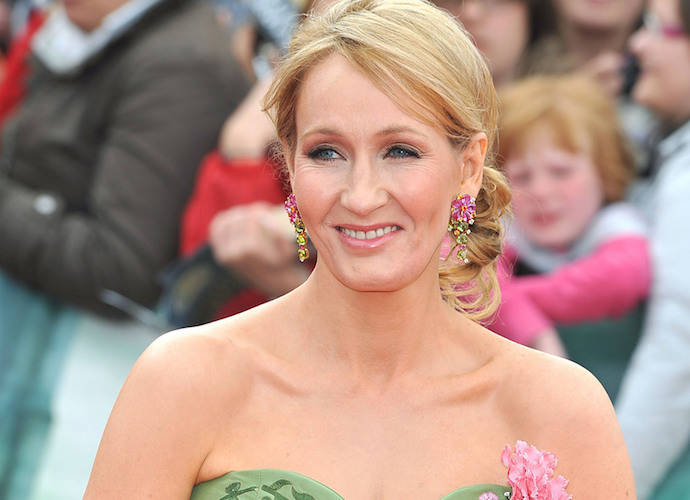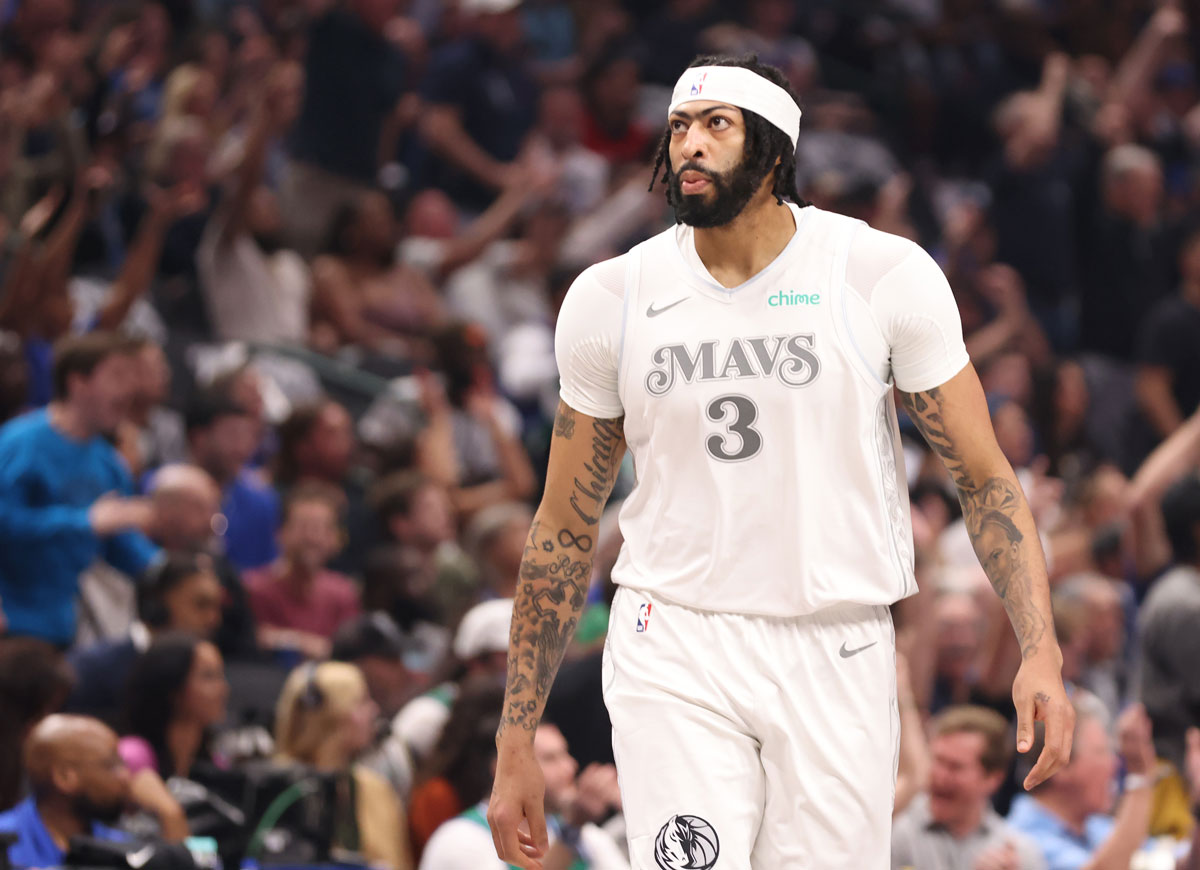Here’s The Bigger Issue With J.K. Rowling’s Recent Release of ‘Magic in North America’
Author of the Harry Potter series J.K. Rowling has recently been under fire for publishing materials that some fans have interpreted as culturally appropriative. The first installment of her 4-part piece on Magic in North America, which describes the practices of Native American wizards from the 14th to the 17th century, has been seen as problematic primarily for borrowing real Native American traditions and practices and incorporating them into the fictional world the author has created.
Rowling’s attempt to expand and elaborate on the magical world in her iconic books, which is also meant to provide background for the upcoming prequel Fantastic Beasts and Where to Find Them, has arguably backfired. Dr. Adrienne Keene has taken to Twitter to zealously defend the Native American stance in this matter, arguing not only that “Native American” is a generalizing term, which in fact implies much more diversity than Rowling is making it out to be but also pointing out the clearest point of appropriation in the fictionalization of real cultural traditions.
Rowling has yet to make a statement about the accusations made against her and the many direct questions from her fanbase. And as all parts of the Magic in North America series are gradually released, there is an important conversation to be had that exceeds the specific case of cultural appropriation but rather seeks to find the origin of this controversy. Fans’ ambivalent reception of Rowling’s recent updates, extensions and addendums to the world of the Harry Potter series is a testament that maybe some stories should come to a conclusive end once and for all.
As a serious Potterhead myself, I certainly shared in the mutual excitement of the fandom when I learned about these new pieces of writing by Rowling, the upcoming film Fantastic Beasts and Where to Find Them to be released later this year and the upcoming West End play Harry Potter and the Cursed Child. But the ever-expanding body of work about the world I first encountered with the books about the boy who lived has proven to be, at least in my case, superfluous and even irrelevant.
The launch of Pottermore in 2009 was a clear indication of the change in the ways in which we interact with stories today due to the increasing digitization of materials and information. The world of the Harry Potter books was transferred onto the big screen and then made its way into all of our devices in the form of interactive game-like virtual world with exclusive content from the author. But while it was fun to go step by step through the 7 Harry Potter books in a new form and at the same time expand my knowledge about the history and characteristics of the world my favorite characters inhabit, my experience with Pottermore could not compare with my experience of reading the books even if for the n-th time. Call me old-fashioned but I would even go as far as to say that my experience with the Harry Potter books has always been more immersive and informational than any of the content I have read on the website.
This said, once a product like Pottermore is out there, there is a constant demand for innovation, for delivering updates that will keep the users engaged and make them return for more exclusive materials. It’s not that difficult to understand the need for new writings straight from the source, but there simply comes a point when enough is enough.
Even if people have access to Pottermore there are other experiences that diehard fans must be missing out on. Whether it’s The Wizarding World of Harry Potter theme park at the Universal resort in Orlando, Fla., or the upcoming 2-part play Harry Potter and the Cursed Child, featuring the well-known characters as adults 19 years after the events in the last book in the series Harry Potter and the Deathly Hallows, which will premiere this summer at London’s West End, many fans around the world are deprived of the opportunity to partake in the continuing saga. Even if efforts are made to remedy that such as the publication of the dramatic text used for Harry Potter and the Cursed Child, for example, it is an issue created by the author’s unceasing preoccupation with the world she created years ago.
The most problematic issue at hand is that the new content is not always definitive and not always made widely available. Therefore, it cannot in any way compare to the book series because their relation is tenuous. It feels as though all of the new “exclusive” content that Rowling provides is merely a fan fiction, albeit by the author herself. These pieces feed off of Rowling’s inability to fully let go of her creation. Even if she is purely motivated by her authorial need to provide as much detail as possible to the reader, her recent troubles with cultural appropriation are a mere consequence of her this obsessive ambition.
The essence of the Harry Potter world originates with the 7-book series that have captivated millions around the world and that is where it should remain at a point where the readers can use their imagination to create the magical world they envision.
RELATED ARTICLES
Get the most-revealing celebrity conversations with the uInterview podcast!






Leave a comment